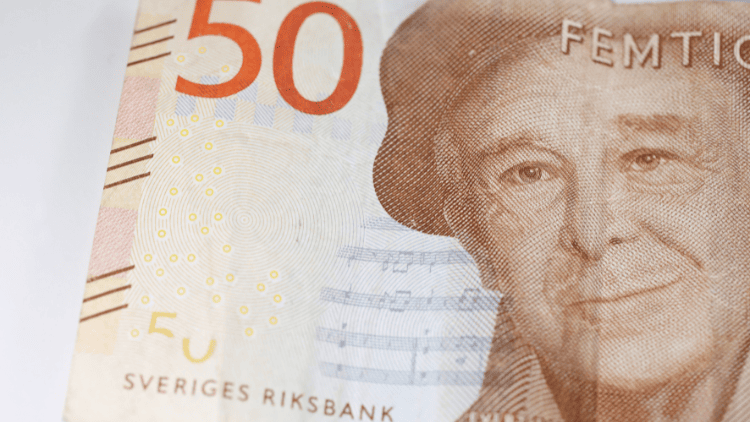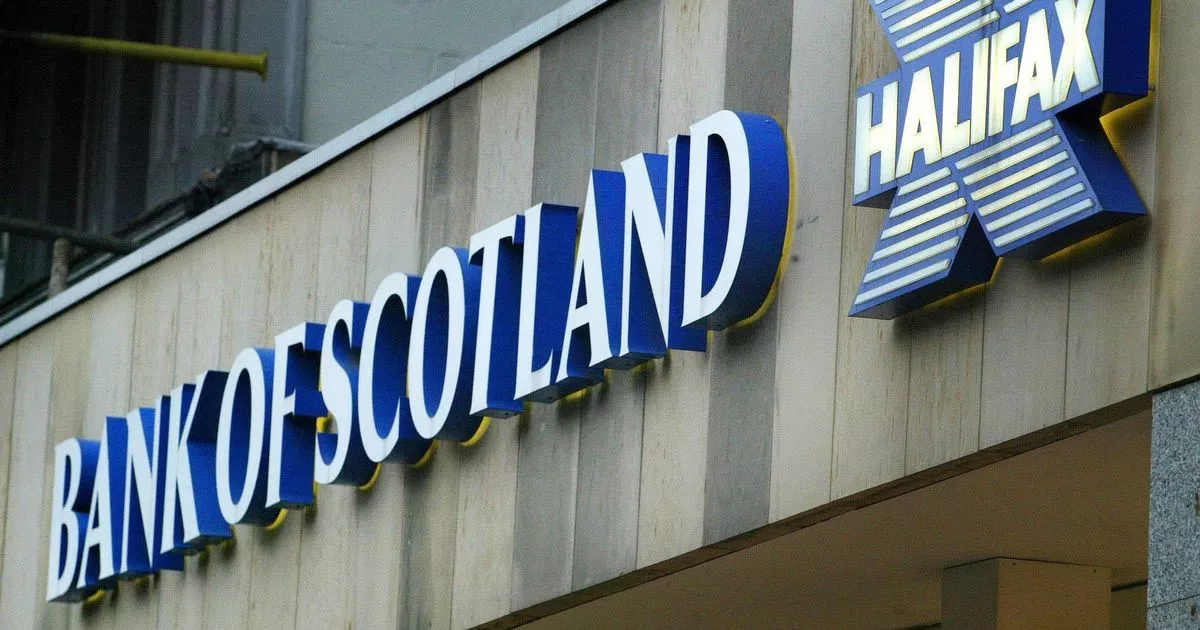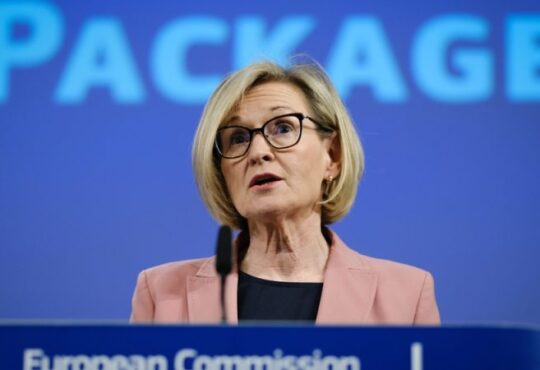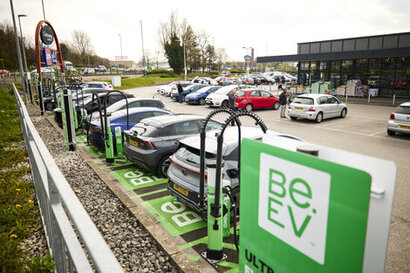
Rising interest rates have devalued central banks’ assets, creating demands for recapitalisation. Time for a debate.

The governor of the Swedish Riksbank, Erik Thedéen, announced a month ago that the central bank could need a capital injection of nearly 80 billion kronor (approximately €7 billion). The Riksbank’s demand for recapitalisation is due to a new central-bank law, which came into effect early this year.
The Sveriges Riksbank Act stipulates that the Riksbank‘s equity has a target of SEK60 billion. If the central bank’s balance sheet falls below SEK20 billion, the board of governors must request recapitalisation from parliament. As with other central banks engaged in large-scale asset-purchase programmes (‘quantitative easing’), when interest rates rose the Riksbank‘s balance sheet turned negative—to the tune of some SEK18 billion (€1.5 billion) in total.
Recapitalisation would presumably increase Sweden’s public debt by around €7 billion, an increase of about 8 per cent. Government debt in Sweden is very low, at just some 17 per cent of gross domestic product (compare the 60 per cent of GDP debt ceiling in the European Union Stability and Growth Pact). But as the country grapples with gang violence and national-security concerns—as well as the urgent need for investment to repair and update decaying infrastructure—there would certainly be better uses for that money.
In the United States the Federal Reserve has incurred losses of over $1 trillion due to rate hikes. Instead however of realising these losses, which it is not required to do, the Fed has created a ‘deferred asset’ which future profits will cover. (The Fed cannot remit profits to the US Treasury until such losses are covered.)
What ‘independent’ means
There is a struggle here over what it means for a central bank to be ‘independent’. These institutions became the main source of crisis management from the Great Financial Crisis in 2008 to the pandemic beginning in 2020. Their standing has since been up for debate.
In Sweden, the central bank operates under parliamentary regulation, with no ties to the Treasury. Indeed to consolidate the financial independence of the Riksbank, the capital it requires has been regulated by law.
Traditionally, the Riksbank has financed its working capital by seigniorage—the difference between the value of money created and the cost of creating it—from physical central-bank notes. But as these are on the way to becoming extinct with technological change, capital injections have needed to be found from elsewhere.
Harry Flam, professor of international economics at Stockholm university, led an investigation in 2013 into what financial independence for the Riksbank would require. His idea was that a central bank must be able to operate without restraint in a crisis but that it is still an institution within a democratic state. As such there needs to be some democratic accountability.
Where responsibility rests
On the other hand, the Riksbank itself has been worried that it could become dependent on government support. If economic fundamentals change drastically, as they did during the pandemic, there could be a conflict over capital required by the central bank versus other rescue measures.
Since the Riksbank embarked on a programe of QE from 2015, there has been a discussion on where responsibility for financial stability rests. Large-scale QE programmes have been criticised for being too political a tool for technocratic central banks, as they influence areas such as redistribution, refinancing conditions and market design.
Become a Social Europe Member
Support independent publishing and progressive ideas by becoming a Social Europe member for less than 5 Euro per month. Your support makes all the difference!
At the same time, the 2008 crash and the subsequent European sovereign-debt crisis made it clear that politicians set on fiscal austerity forced central banks to use unusual measures to keep economies afloat. If a repetition of such a division of labour is undesirable for governments, they need to rethink their own policies around crisis management as well—a reflection not yet in evidence.
Fiscal policy stepping up
Inevitably though, if recapitalisation becomes a recurring theme, central-bank independence will not be what once it was. In the future that will mean fiscal policy needs to step up.
This is a lesson not just for Sweden but for any economy within the international financial system. The need to fight not just one crisis at a time, but many at once, creates new challenges for which states must develop new tools.
As the economist Isabella Weber has suggested, in the current moment of overlapping emergencies there needs to be a new economic-policy playbook of how fiscal and monetary policies interact. Supply-chain disruptions, climate change and mounting geopolitical tensions are here to stay for the foreseeable future.
Democratic discourse
Central-bank independence came about to ensure that politicians did not interfere with monetary-policy decision-making. But its purpose was never to prevent elected politicians engaging with monetary issues.
Political debates about monetary policy during the ‘polycrisis’ should be a natural part of democracy. If the legitimacy of independent central banks is genuinely to be strengthened, there needs to be a broader debate on what tools economic policy requires in the 21st century.
In the end, monetary policy ought to be about general economic improvement. As such, the role of central banks is not a question of their accountability alone but a subject of democratic discourse in the round.








